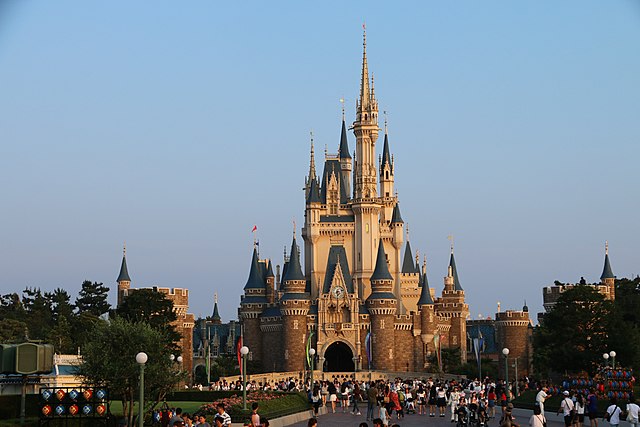The billionaire boss of hedge fund company Citadel made headlines recently for treating his employees and their families to an all-expenses-paid trip to Tokyo Disneyland. Such grand gestures benefit not just employees but employers too, said human resource experts. Some highlighted that rewards such as incentive trips can be “powerful” recruitment tools for hiring managers, while also motivating existing staff.
Country manager of ManpowerGroup Singapore Linda Teo noted that such rewards illustrate the company’s unique value proposition to potential candidates, which sets it apart from competitors. “Companies increasingly acknowledge the pivotal role of employee experience in talent attraction and retention,” said Ms Teo, adding that incentive trips to expensive destinations stand out as distinctive gestures with lasting significance. “Employees value these unique rewards as a demonstration of their employer’s extra effort in recognising their contributions.” The shared experiences that stem from such trips can also cultivate a cohesive company culture, fostering pride and a sense of belonging among employees, Ms Teo said. These perks also help in team building as the rewards are often performance-oriented. “The uniqueness of such incentive trips enhance employee engagement and boost company morale, hence creating a stronger employee experience.”
Ms Jaya Dass, managing director for permanent recruitment at Randstad Asia Pacific, also pointed out that such perks can motivate workers to improve their job performance, as long as they have a clear understanding of what needs to be done to receive the rewards. She added that these incentives would drive employee performances collectively in the organisation, which can in turn be beneficial to the company as well.
On Citadel treating employees to a trip to Tokyo Disneyland, managing director of Michael Page Singapore Nilay Khandelwal noted that the company is one of the highest-performing hedge funds. “While it’s a very good incentive from a recognition point of view and (on the) back of great company performance, it is an exception in the market rather than a norm,” said Mr Khandelwal.
Likewise, Ms Dass from Randstad also pointed out that while extravagant employee rewards such as company travel trips and large bonuses can be very enticing and motivating to the workforce, they are “rather uncommon”. Most companies in Singapore offer performance bonuses to their employees, which is tied to how their individual and team’s contributions have helped improve the company’s business, she said. Ms Dass added that more factors have to be considered when planning a company-wide trip, such as air tickets and hotels, as well as travel insurance and contingency planning.
Business leaders would also need to have a good understanding of the company culture and team camaraderie when planning for these trips as employees and their family members will be spending a lot of time together. While company trips do offer employees a strict time-off from work and give them time to rest and relax, cash rewards like performance bonuses require less logistic planning and are more straightforward, Ms Dass noted. “Employees will also be able to decide how they want to spend their rewards and improve their personal lives,” she said. This includes having the flexibility to either take a trip to a country that they have always wanted to visit or pay off loans to alleviate financial stress, Ms Dass added.
But despite the practicality of cash rewards, these perks “lack the emotional depth of gratitude”, said ManpowerGroup Singapore’s Ms Teo. Cash rewards also fail to achieve broader corporate objectives such as rapport-building, and creating a meaningful and memorable employee experience. “In contrast, incentive trips and tangible gifts leave a lasting impression, serving as cherished mementos that employees carry for a long time. Experiences and mementos have enduring emotional value compared to transient cash rewards.”
On whether extravagant rewards are financially feasible for a company in the long run, Ms Dass noted that it depends on the company’s rewards structure and the total sum of all their employee benefits. But such rewards can raise an employee’s expectations on what rewards should look like in the future as well, she said. Employees would expect more extravagant rewards of higher value if they were to outperform their performance in the next year, which can become taxing for the company in the long run. Ms Teo also noted that incentive trips are often awarded when a company has a strong financial foundation and employees have exceeded their performance target for the year. “However, incentive trips need not be trips to expensive destinations. Trips to regional countries can have similar effects,” she said.
Source: CNA/ng(cy)




















